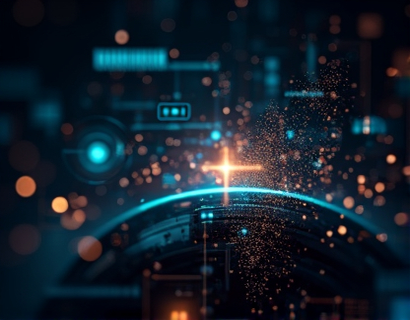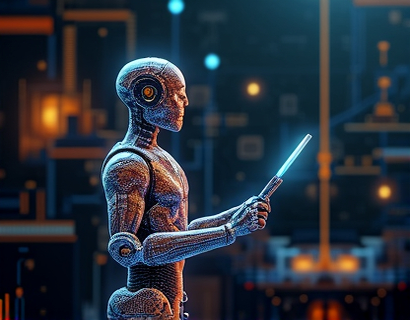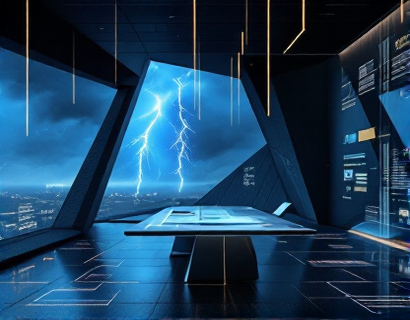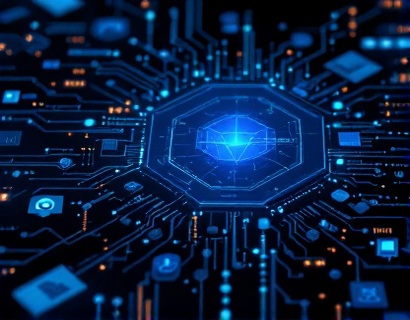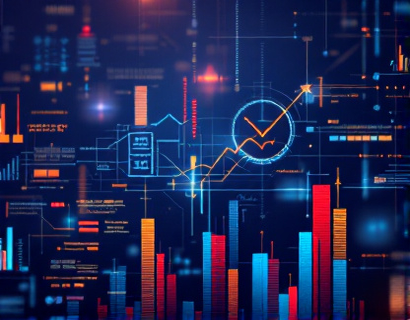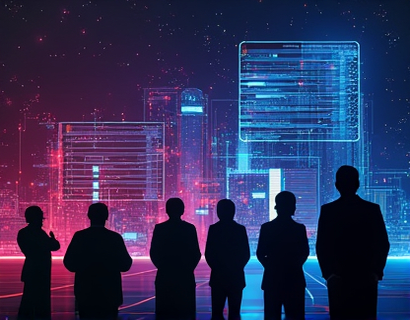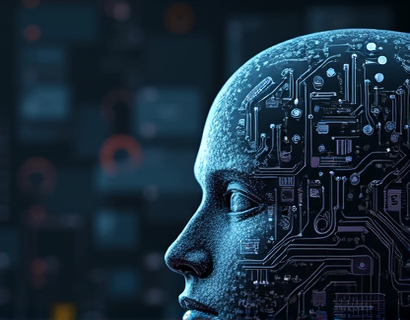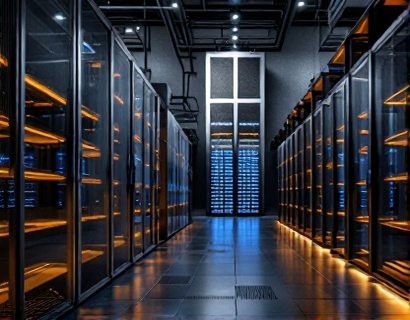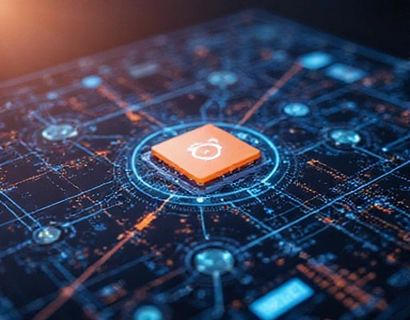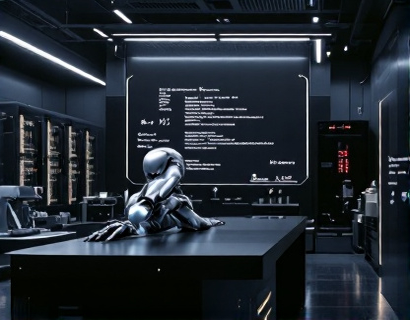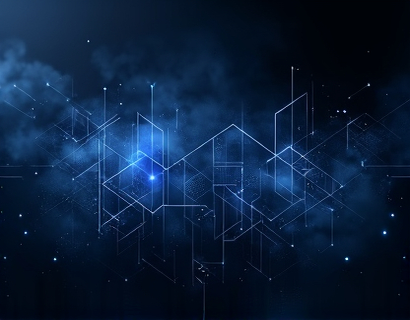Decentralized DAOs: Empowering Web3 Governance Through Community Innovation and Transparency
In the rapidly evolving landscape of Web3, decentralized autonomous organizations (DAOs) stand as a pivotal force, redefining governance and community engagement. This article delves into the core principles and mechanisms of DAOs, highlighting how they empower communities, ensure transparency, and drive scalability in the management of digital protocols. By exploring the intersection of decentralization, innovation, and community-driven decision-making, we aim to illuminate the path towards a more interconnected and future-proof digital world.
Understanding Decentralized Autonomous Organizations
At their essence, DAOs are organizations governed by smart contracts on a blockchain. These smart contracts encode the rules and procedures for decision-making, fund management, and operational execution. Unlike traditional organizations, DAOs do not rely on a central authority or hierarchical structure. Instead, they operate through a decentralized network where members collectively make decisions based on predefined protocols.
The foundation of a DAO lies in its ability to automate governance processes. Smart contracts ensure that rules are enforced transparently and immutably, reducing the risk of manipulation or corruption. This automation not only enhances efficiency but also builds trust among community members, as actions are verifiable and traceable.
Community Empowerment Through DAOs
One of the most significant advantages of DAOs is their capacity to empower communities. In a traditional top-down governance model, decision-making power is concentrated in the hands of a few. In contrast, DAOs distribute power evenly among token holders, allowing every member to participate in the governance process. This democratization of decision-making fosters a sense of ownership and responsibility among community members.
Token holders in a DAO typically have voting rights proportional to their token holdings. This mechanism ensures that those with a greater stake in the organization have a more significant influence, while still maintaining a level playing field. This balance encourages active participation and engagement, as members are motivated to contribute to the success of the DAO to maximize their influence and potential returns.
Transparency as a Core Value
Transparency is a cornerstone of DAOs, and it is achieved through the inherent properties of blockchain technology. All transactions, proposals, and votes within a DAO are recorded on the blockchain, making them accessible to anyone. This level of transparency builds trust and accountability, as members can verify the actions taken by the organization at any time.
Moreover, the open nature of DAOs allows for real-time monitoring and auditing. Community members can track the usage of funds, the progress of projects, and the outcomes of decisions. This openness not only deters malicious activities but also fosters a culture of honesty and integrity within the community.
Scalability and Innovation in DAO Governance
As Web3 continues to grow, the scalability and adaptability of DAOs become increasingly important. Traditional governance models often struggle to keep pace with rapid technological advancements and changing community needs. DAOs, however, are designed to be flexible and responsive. Through community-driven proposals and voting mechanisms, DAOs can quickly adapt to new challenges and opportunities.
Scalability in DAOs is not just about handling a growing number of members or transactions. It also involves the ability to integrate new technologies and protocols seamlessly. By leveraging the latest advancements in blockchain and smart contract development, DAOs can enhance their operational efficiency and expand their capabilities. This continuous evolution ensures that DAOs remain relevant and effective in the dynamic Web3 ecosystem.
Case Studies: Successful DAOs in Action
Several DAOs have demonstrated the potential of this governance model in practice. One notable example is the DAO Stack, a suite of tools designed to facilitate the creation and management of DAOs. The DAO Stack includes components like DAOsynth for token creation, DAOstack Governance for decision-making, and DAOstack Finance for fund management. These tools have enabled numerous projects to establish robust and transparent governance structures.
Another prominent DAO is the Aragon platform, which provides a comprehensive suite for building and managing decentralized organizations. Aragon allows users to create custom DAOs with tailored governance models, ensuring flexibility and adaptability. Its success lies in its user-friendly interface and extensive ecosystem of integrations, making it accessible to both technical and non-technical users.
Challenges and Considerations
While DAOs offer numerous benefits, they also come with unique challenges. One of the primary concerns is the technical complexity involved in setting up and managing a DAO. Not all community members may have the necessary technical skills, which can create barriers to entry. To address this, platforms like Aragon and DAO Stack provide user-friendly tools and documentation to lower the barrier for participation.
Another challenge is the potential for governance paralysis, where decision-making becomes slow or gridlocked due to the need for consensus among a large number of token holders. To mitigate this, DAOs can implement mechanisms such as delegated voting, where members delegate their voting power to trusted representatives. This approach can streamline decision-making without compromising the democratic principles of the DAO.
The Future of DAOs in Web3
The future of DAOs in the Web3 landscape is promising. As blockchain technology matures and adoption increases, the potential for DAOs to transform various sectors is immense. From decentralized finance (DeFi) to non-fungible tokens (NFTs) and beyond, DAOs are poised to play a crucial role in shaping the future of digital governance.
Moreover, the integration of DAOs with other Web3 technologies, such as decentralized identity and interoperability protocols, will further enhance their capabilities. This interconnected ecosystem will enable seamless collaboration and innovation, driving the growth of a truly decentralized and community-driven digital world.
In conclusion, DAOs represent a revolutionary approach to governance, empowering communities, ensuring transparency, and fostering scalability. By embracing this model, we can build a more inclusive, resilient, and future-proof Web3 ecosystem. Join the movement towards decentralized governance and be part of shaping the next generation of digital technologies.




